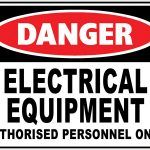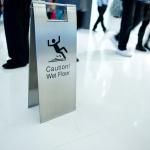
Arc Flash Safety Training: Keeping Utility Workers Safe
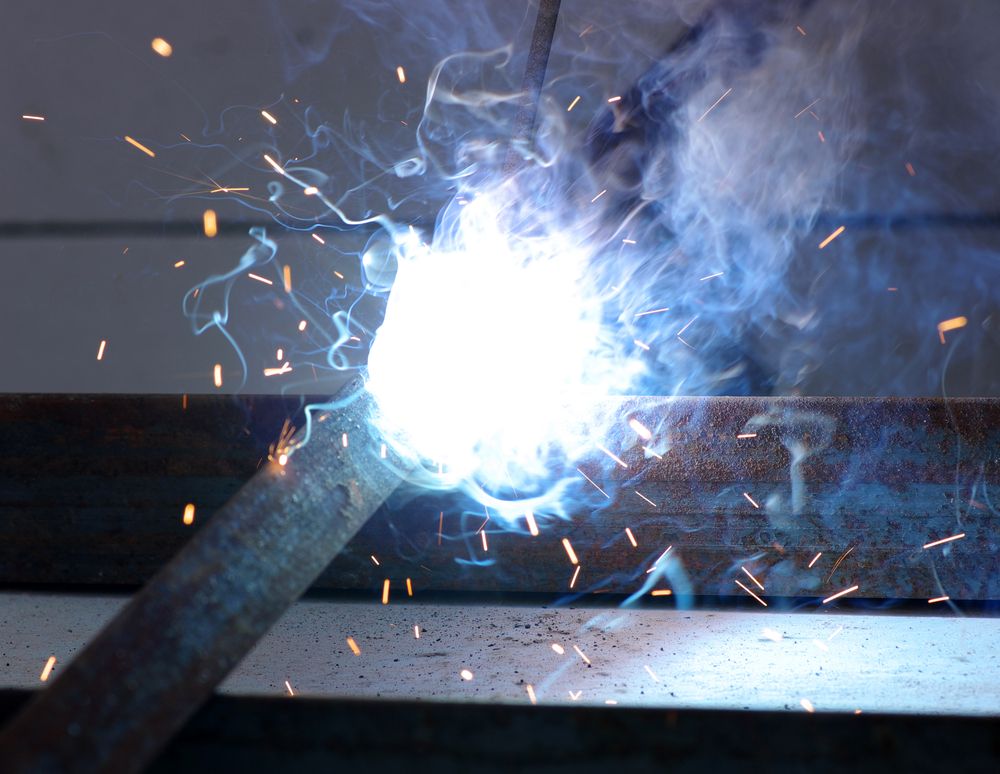
Workers that need to operate near electrical shock hazards stand a greater risk of electrocution. Employers must ensure the best arc flash safety training is available to their workers.
Through this article, you’ll find information to help protect employees from dangerous electrical accidents.
What is an Arc Flash?
An arc flash is a sudden burst of electrical current that transmits dangerous amounts of energy in moments. Arc flashes are quite deadly and are fatal in many cases. A strong arc flash could lead to skin tissue burns, internal organ damage, secondary injuries, or even death.
Utility workers are at greater risk of an arc flash and proper precautions must be taken to avoid such accidents.
Causes of a Sudden Arc Flash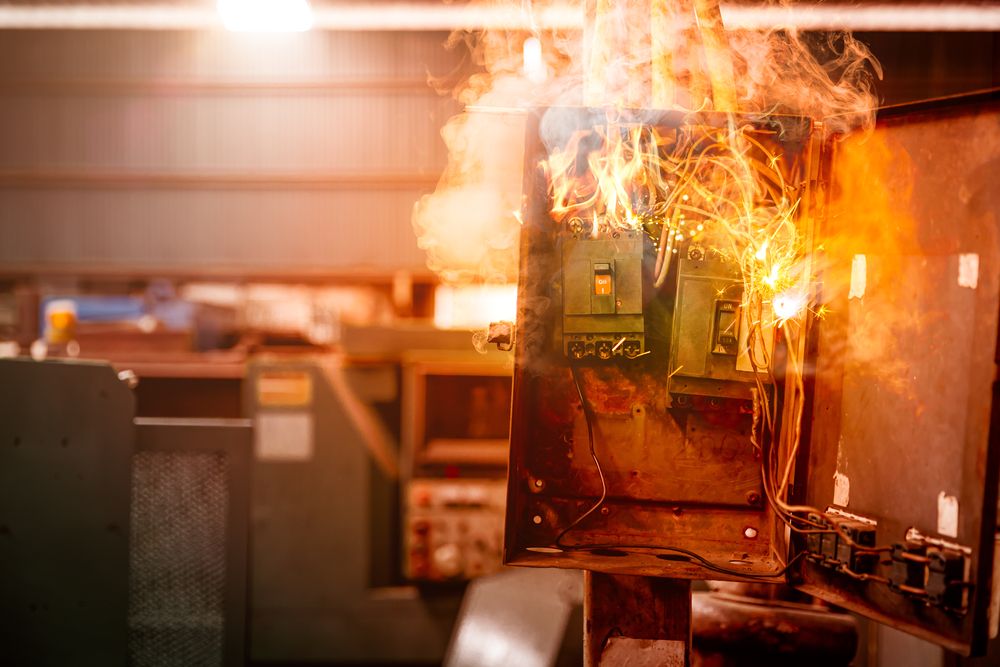
Four (4) major actions could cause an arc flash. These are:
Tool mishandling
Dropping metal tools close to electrically charged equipment could cause a deadly arc flash.
Abandoning Preventive Maintenance
Lack of maintenance increases the chances of equipment malfunction. Such malfunction could lead to a strong arc flash without warning.
Human error
Negligence while operating near charged equipment could lead to a dangerous arc flash.
Operating Faulty Machinery
Faulty systems that transmit huge amounts of electrical current could send out a sudden arc flash.
Work with a professional safety consultancy to easily identify causes before an accident happens. A consultant will be able to assess your company’s electrical safety system and make recommendations.
How to Keep Utility Workers Safe from an Arc Flash/Electric Shock
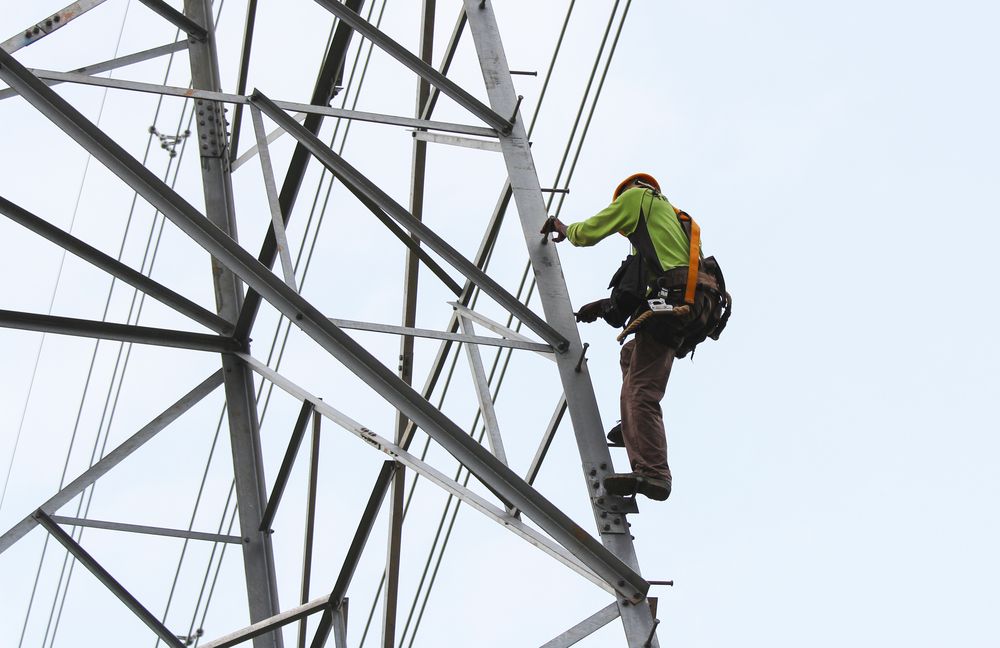
Here are a few ways you can keep your utility workers safe from arc flashes and electrical shock:
Running an Arc Flash and/or Electricity Hazard Study
An arc flash study is conducted at a job site to remove clear threats of electric shock from workers’ operating environment. The study may fall short of eliminating every threat but reduces the chances of such an accident’s severity. Such studies recommend the right training, equipment, and operating processes to avoid these accidents.
Some aspects covered by the study include:
- Coordination & short-circuit study
- Incident energy calculation
- Potential shock energy detection
- Hazard level definition
- Thorough electrical maintenance
Working with a trained safety consultant, like Advanced Consulting & Training is the best way to run such studies to guarantee excellent results.
Provide arc flash safety training
Arc flash safety training should be relevant to risks present in their operating environment. Training should include the following:
- Job training – deals with operations around electrically charged equipment prone to arc flashes
- Manufacturer training – deals with informing employees how to avoid human errors while working on some machinery
- Classroom training – deals with training employees about best practices and how to avoid fatal injuries during maintenance of such equipment
Advanced Consulting & Training – Arc Flash
& Basic Electrical Awareness
 Guaranteeing electrical safety for your employees is a smart way to avoid losses, injuries, and fatal accidents in the workplace. Employers must seek guidance from a competent safety consulting firm to improve their business’ electrical safety infrastructure.
Guaranteeing electrical safety for your employees is a smart way to avoid losses, injuries, and fatal accidents in the workplace. Employers must seek guidance from a competent safety consulting firm to improve their business’ electrical safety infrastructure.
Therefore, a professional safety consultancy ensures employees adhere to regulations while operating electrical equipment. At Advanced Consulting & Training, our Arch Flash & Basic Electrical Safety Program includes learning the legislative requirements, the duties/responsibilities of workplace stakeholders, and the hazards related to electricity and arc flashes.
If you’re interested in working towards a safer workplace for you and your employees, contact our team at Advanced Consulting & Training in Ottawa.

